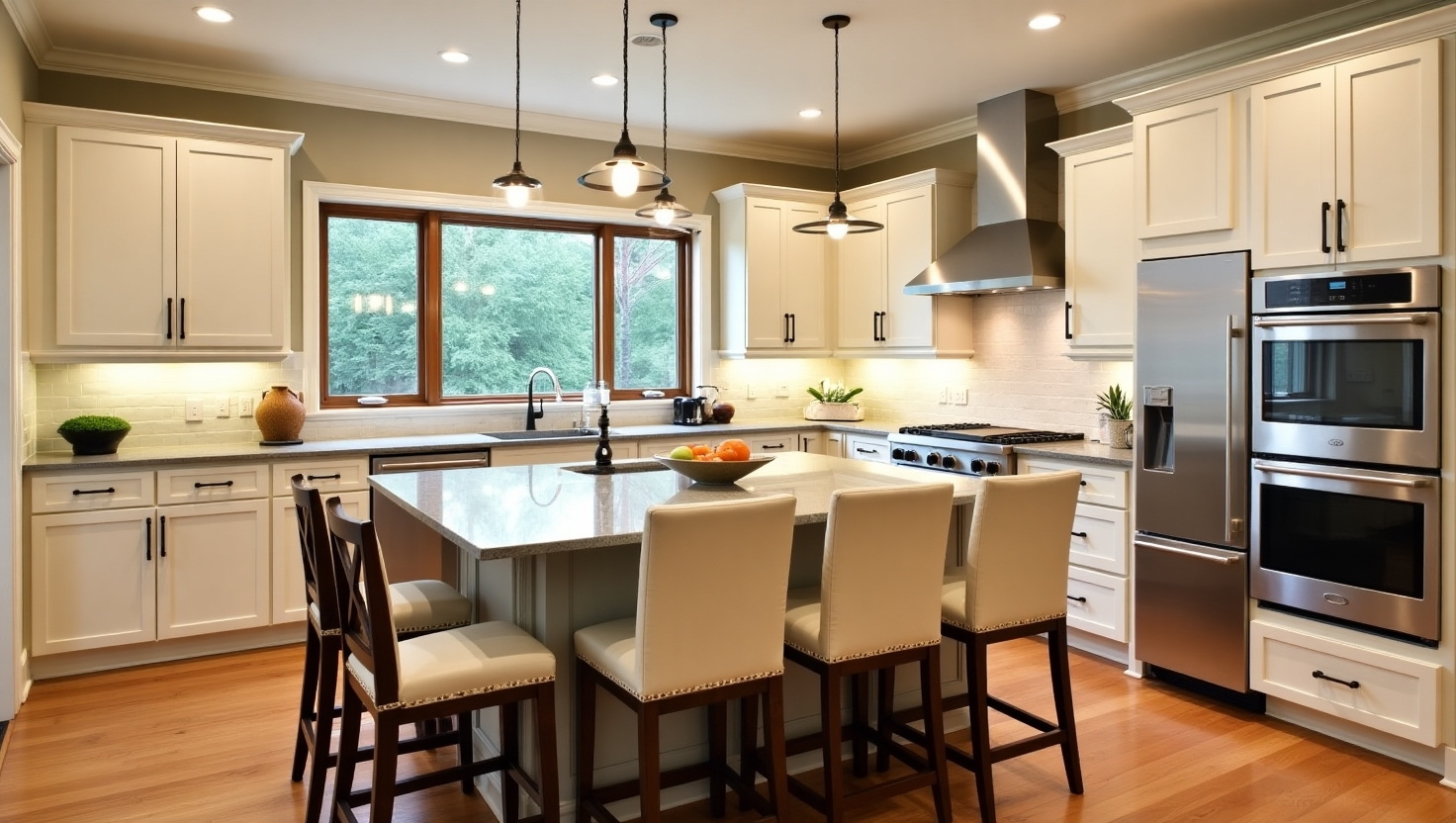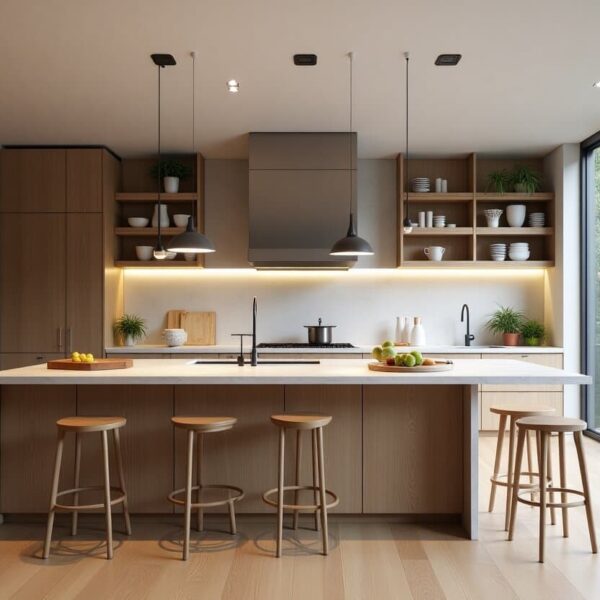In today’s globalized market, more and more overseas buyers are choosing to source custom kitchen cabinet from China. This isn’t just due to cost-effectiveness, but also the wide array of customization options available from Chinese Kitchen Cabinet Suppliers. However, the market is a mixed bag when it comes to supplier quality.Flying across the world only to discover mismatched capabilities? That’s costly theatre.Rather than regretting unqualified products after they’ve arrived, it’s far better to “ask the right questions” from the very beginning.
This article aims to provide you with a comprehensive checklist of critical questions to ask potential suppliers before you even consider an on-site visit. By pre-screening, you can save significant time and money, allowing you to focus your resources on the most promising partnerships.
Why Are Pre-Visit Questions So Crucial?
- Slash Costs & Frustration: Factory tours drain budgets (flights, hotels, translators, prep time). Eliminate unsuitable candidates upfront. Skip the costly disappointment of discovering red flags on-site.
- From Haystack to Shortlist: Sift through hundreds of online listings to find the 3-5 suppliers genuinely worth your serious consideration and potential visit.
- Build Baseline Understanding: Walk into any potential meeting or visit knowing the supplier’s scale, core strengths, market focus, and operational rhythm.
- Spot Red Flags Early: Ambiguous answers, contradictions, or unprofessional responses during pre-screening are major warning signs you can’t afford to miss later.
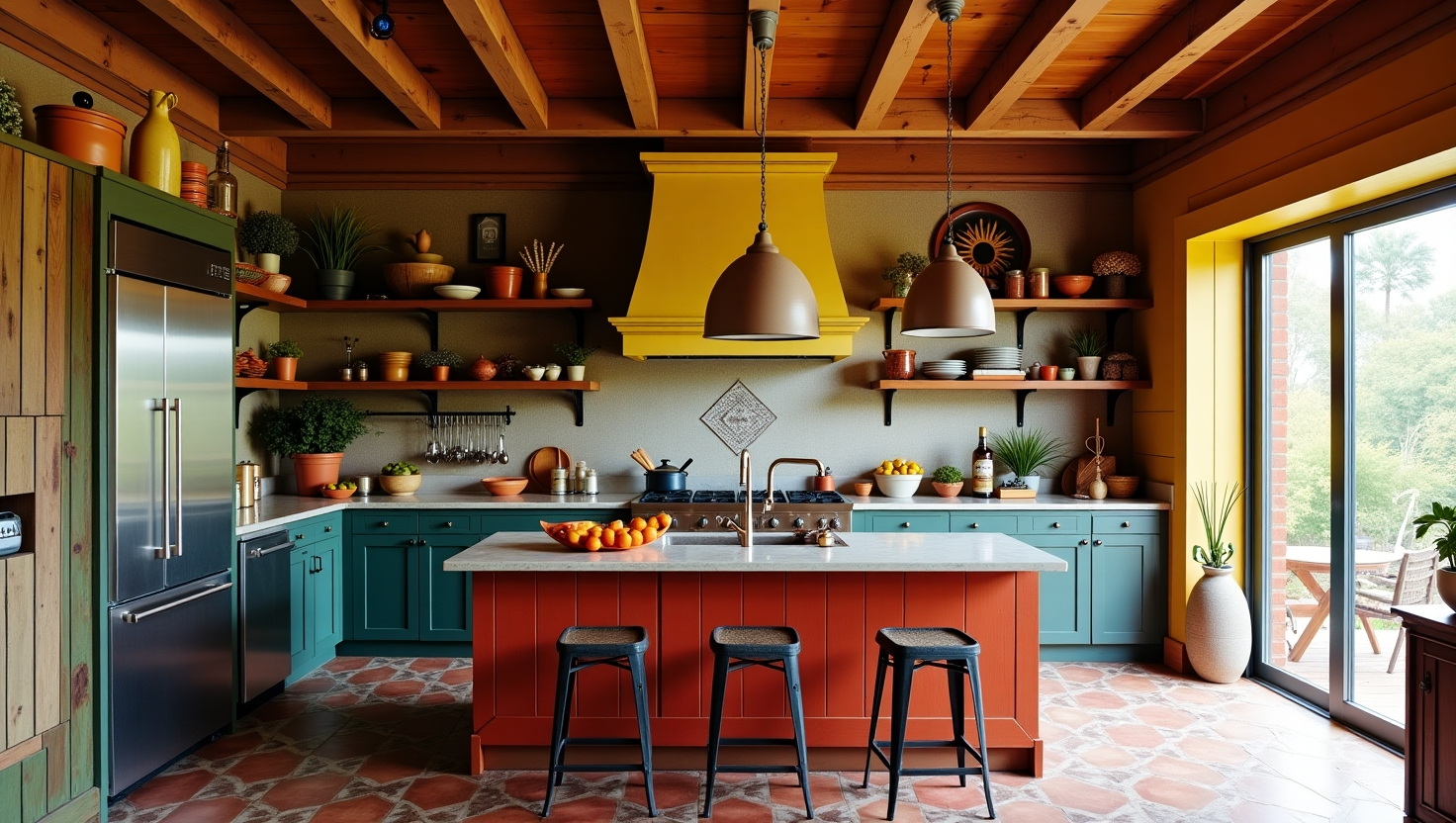
The Core Questions for Any Chinese Kitchen Cabinet Supplier
Now, let’s dive into the key questions that will help you filter out top-tier custom kitchen cabinet from China suppliers.
1. Identity and Transparency Confirmation
- Are you a trading company or a factory?
This question is paramount as it distinguishes between middlemen and direct manufacturers, directly impacting your costs, communication efficiency, and problem-solving capabilities. Direct factories usually offer more competitive pricing and direct communication channels.Trading companies have their place but know who you’re dealing with.
- Where is your factory located?
Knowing the factory’s exact location helps you estimate logistics costs and time, serving as a reference point for future on-site inspections.
2. Production Capacity and Customization Capabilities
- How many workers does your factory have?
This provides a general idea of the factory’s production scale and capacity, helping you determine if they can meet your order volume. The ideal number of employees should match your order size; too few may lead to missed deadlines, while too many might suggest smaller orders could be overlooked.
- Which markets and countries do you primarily supply?
Understand the supplier’s international trade experience and familiarity with different market standards, for example, specific certifications for North American or European markets.
- What brands do you supply? Who are your biggest clients?
Evaluate the supplier’s significance and reliability, as collaboration with well-known brands usually indicates a certain level of strength and credibility. While suppliers might be bound by non-disclosure agreements regarding specific client names, they can generally share their experience and project types.
- What are your main product lines?
Be sure to confirm that the supplier’s core business aligns with your needs and to understand their level of specialization, avoiding factories that “do everything” as they often lack deep expertise.
Please provide product catalogs, factory photos, and production line videos. These visual materials offer a preliminary understanding of their product quality and manufacturing processes. Observe the balance between product breadth and specialization.
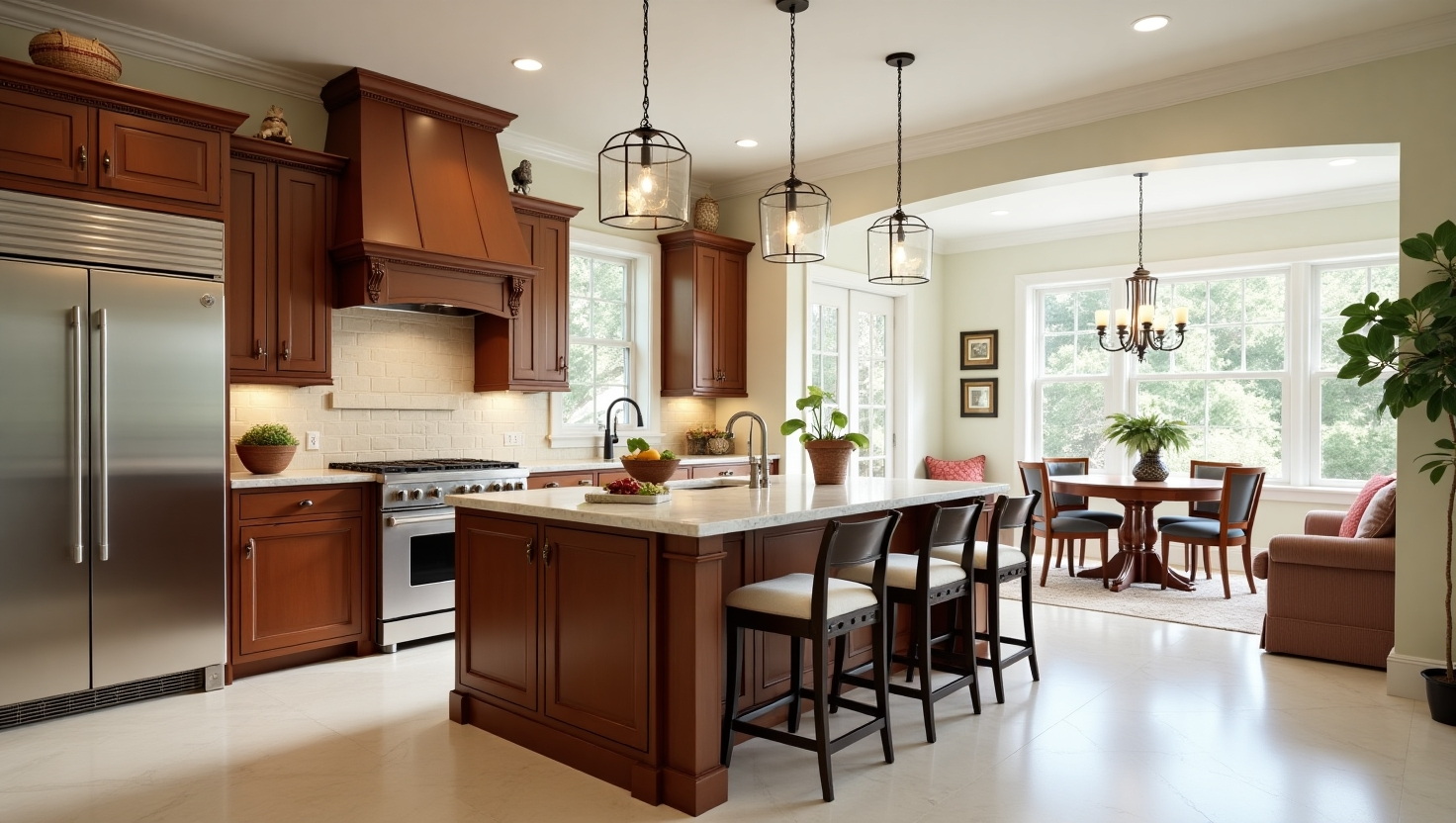
3. Project Management and After-Sales Service
- What is your standard production and delivery time? (From confirmed order + deposit to port)
This is a critical factor for planning your inventory and sales schedule. You also need to discuss standard production cycles, shipping times, and potential delay factors.
- How do you handle order expectations and potential changes?
This helps you understand the supplier’s transparency in communication and management. You can pose specific scenarios, such as: “If my order increases by 30%, how many days in advance do I need to confirm in writing?” “In case of a technical dispute, to which level of arbitration would it be escalated?” and “Can I directly call the Chinese project manager’s mobile phone for urgent matters?” Through these questions, look for clear escalation paths and proactive communication mechanisms.
Have a project in mind? Send a message.
Get the catalog for free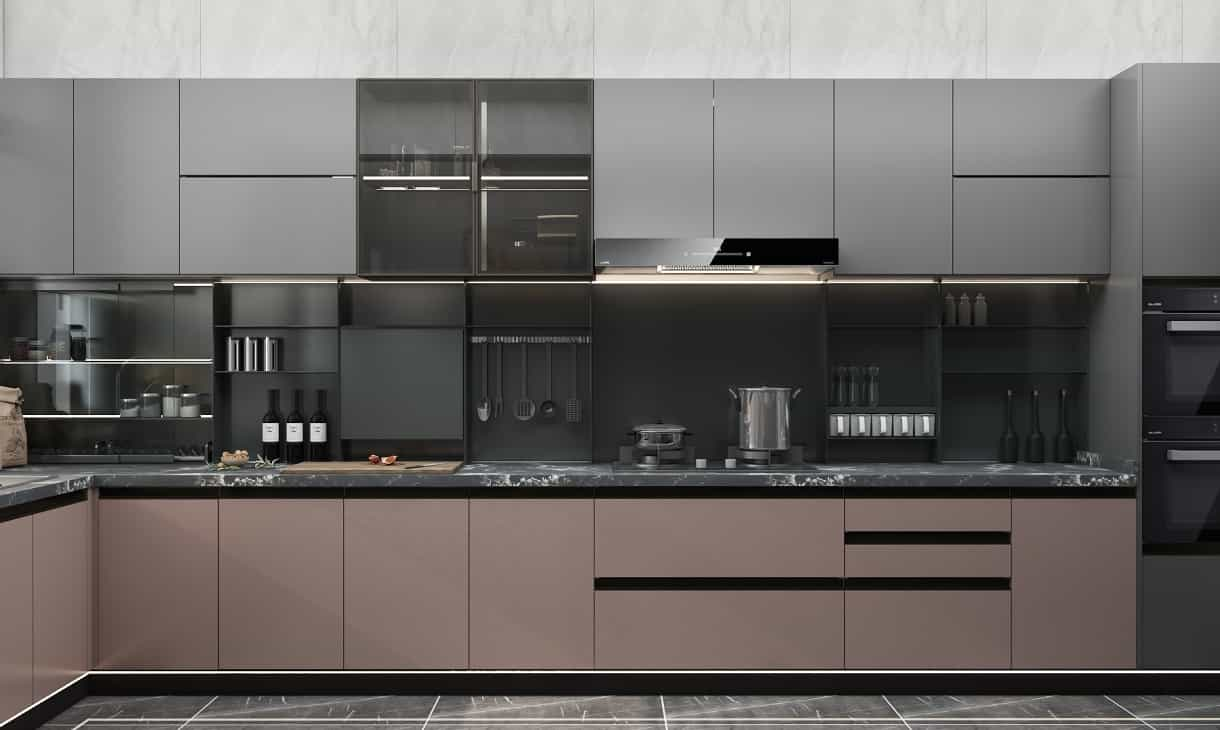
4. In-Depth Commercial Terms Review
- What are your payment terms? Are there any charges for modifications after CAD drawing confirmation?
This forms the basis of your financial planning, understanding advance payments, balance payment methods, and confirming whether CAD drawing modifications incur charges, as this reflects their flexibility and customer service attitude. “Free” modifications are rare after approval; know the costs upfront.
- What is your sample policy? (Do you provide free samples? How much do they cost? How long does it take to produce and ship samples? What is the process?) Can I pre-approve your first article inspection report template via email?
Verifying product quality and conformity before mass production is crucial to avoid large-scale losses. You need to understand sample costs, shipping expenses, and sample production time. Additionally, proactively suggesting a review of their first article inspection report template demonstrates your commitment to quality and helps set expectations upfront.
- What is the minimum order quantity (MOQ) for your products?
Crucial for smaller projects.You should also discuss the flexibility of the MOQ and the cost-effectiveness of bulk purchases.
- How is your pricing structured? Are there any hidden fees? (e.g., special packaging, specific documentation, unique QC requirements)
To ensure price transparency and avoid unexpected expenses, be sure to ask this question. Inquire about additional shipping fees, installation fees, taxes, or customization charges.
- What are your sales figures for the domestic and export markets, respectively?
To gauge the supplier’s market focus and export experience, you can ask this question. Over-reliance on a single market or lack of export experience can pose risks.
- What is your return and exchange process?
Understand the solutions for unsatisfactory or defective products, including clearly defined return conditions, time limits, and any associated fees.
- How do you define a quality defect? How do you handle damage or defects during shipping and delivery? If logistics damage occurs, how long does it take for replacement parts to be processed?
These questions help clarify accountability and ensure timely resolution of issues during transit. You also need to understand their inspection procedures, interception processes, and replacement/repair policies.
5. Quality Control and Production Gaps
- Will you let a third-party inspector check the goods?
Refusal of third-party inspection might indicate potential product issues, so specifically ask if they accept on-site inspections by companies like SGS, TÜV, or QIMA. Professional factories usually welcome quality inspections as a sign of confidence in their products.
- What is manufactured in-house, what is semi-finished (meaning they handle new product development, final assembly, and work with suppliers to complete), and what is completely outsourced?
To gain deep insight into the supplier’s supply chain management and core competencies, you can ask this question. This helps identify any outsourced processing steps. If outsourcing exists, especially painting or finishing,ask if you can arrange a visit to the outsourced factory to assess their control and quality consistency.
- My order represents what percentage of your total production?
Helps gauge how prioritized you’ll be. Too small might mean neglect; too large might strain capacity.
- What are your main product categories and markets?
Determine if the supplier is specialized and familiar with overseas standards (e.g., US or European markets). Be cautious of suppliers who claim they can handle everything — from budget projects to premium custom builds. This often signals a lack of focus and inconsistent quality control. A reliable supplier knows their niche and sticks to it.
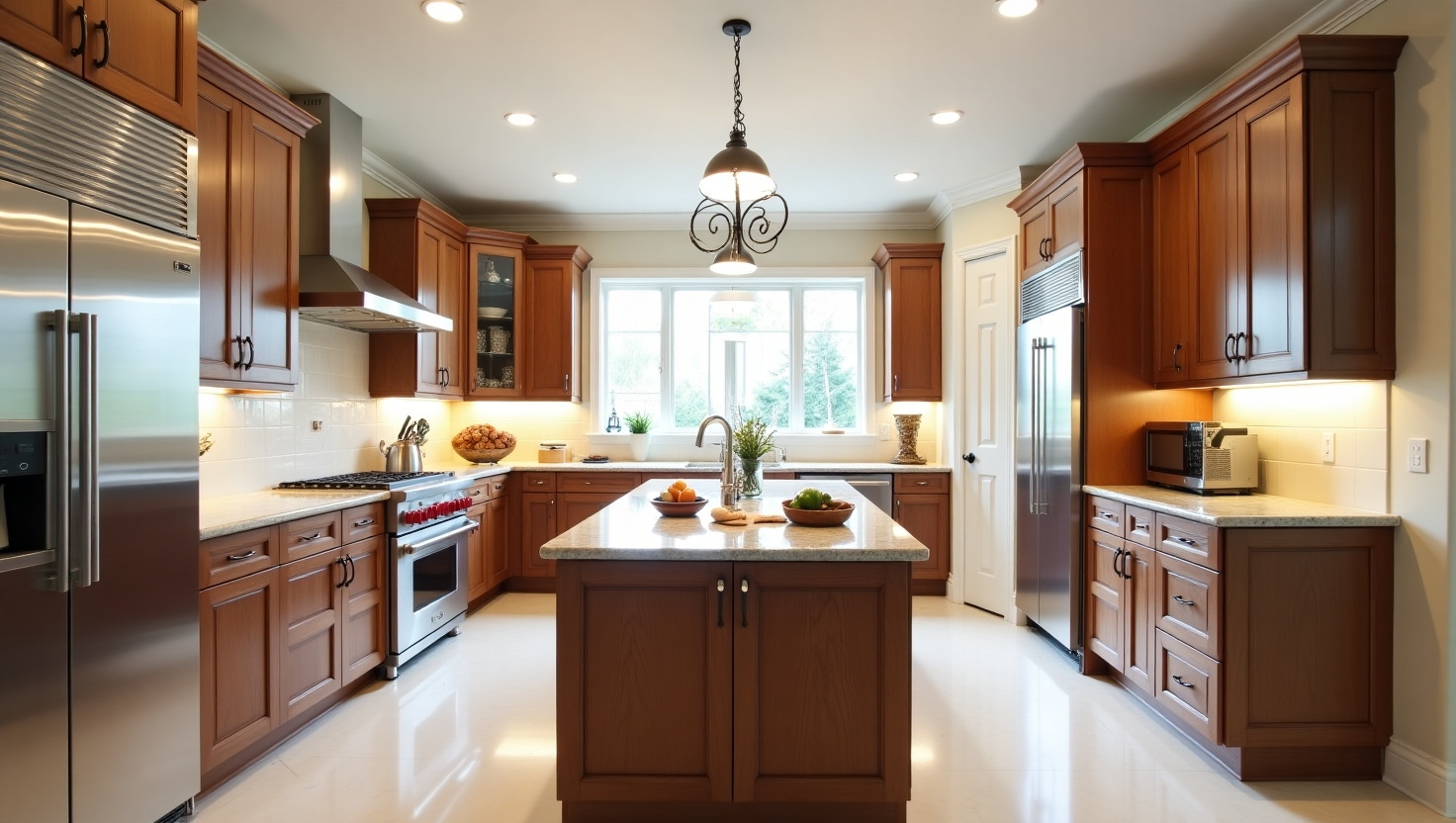
How to Analyze the Answers to These Questions?
Once you receive the answers to these questions, a thorough analysis is crucial. Firstly, cross-verification is essential: compare the supplier’s answers with other sources (e.g., their website, industry reports, or third-party reviews). Secondly, be vigilant in looking for inconsistencies, such as a claim of “primarily serving the US market” without UL certification, or advertising a “500-worker factory” but showing only two production lines in workshop videos. Vague or contradictory answers should always raise red flags. Next, assess the risk potential based on their responses, judging the supplier’s reliability, stability, transparency, and whether they possess the professional capabilities you require. Finally, based on these answers, you can prepare follow-up questions, formulating more in-depth inquiries for an actual on-site inspection to ensure nothing is overlooked.
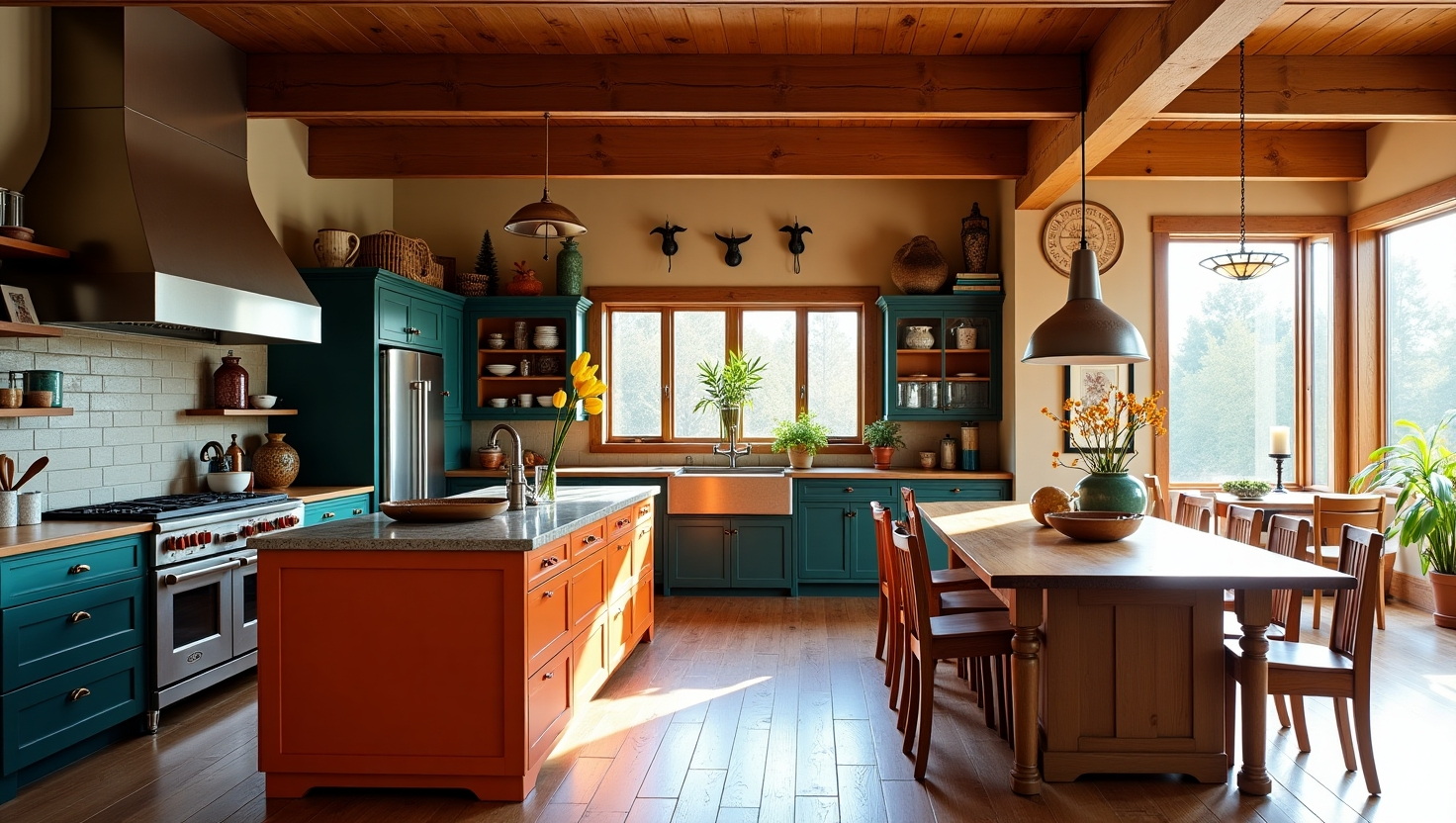
Why Choose NextHome Furnishing?
Asking these questions isn’t being difficult; it’s being professional. A truly reliable Chinese kitchen cabinet maker expects them and answers with confidence and transparency.At Nexthome Furnishing, we welcome this level of engagement because we operate with nothing to hide.
At NextHome Furnishing, we have provided professional custom kitchen cabinet from China solutions to numerous families worldwide. Whether you’re renovating your kitchen or furnishing a new home, we’re here to help bring your home dreams to life. We deeply value transparent communication and are dedicated to providing you with high-quality products and exceptional service.
Contact us today to discuss your next home improvement project!
Contact NextHome Now!
We are here to help you with your business needs. We have a team of experts who are always eager to help you.

